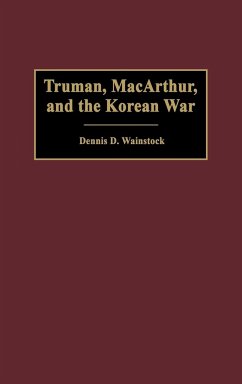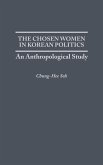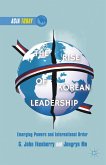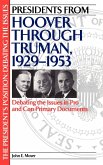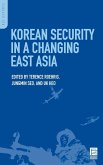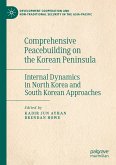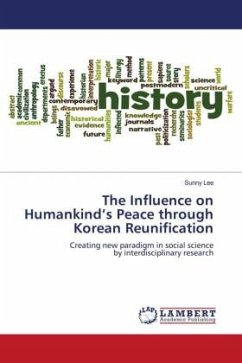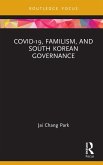A general history of the critical first year of the Korean War, this study deals primarily with relations between General Douglas MacArthur and President Harry S. Truman from June 1950 to April 1951, a period that defined the war's direction until General Mark Clark, the final U.N. Commander, signed the Armistice two years later. Although the ever-changing military situation is outlined, the main focus is on policymaking and the developing friction between Truman and MacArthur. Wainstock contradicts the common view that MacArthur and Truman were constantly at odds on the basic aims of the war. In the matter of carrying the fight to Communist China, MacArthur and the Joint Chiefs differed only on timing, not on the need for such action. The end of the Cold War has provided historians with a better opportunity to study the forces that shaped the thinking of America's leaders at the time of the Korean War. The sheer quantity of material now available, while daunting, is filled with colorful and outstanding personalities, dramatic action, and momentous actions that have had an impact on world events even to the present day. Wainstock ultimately concludes that Washington placed too much emphasis on anti-Communist ideology, rather than long-term national interest, in the decision first to intervene in the war and later to cross the crucial 38th Parallel. He also emphasizes the important contributions of General Matthew B. Ridgway in stopping the Chinese offensive and in influencing Washington's decision not to carry the war to Communist China.
Hinweis: Dieser Artikel kann nur an eine deutsche Lieferadresse ausgeliefert werden.
Hinweis: Dieser Artikel kann nur an eine deutsche Lieferadresse ausgeliefert werden.

